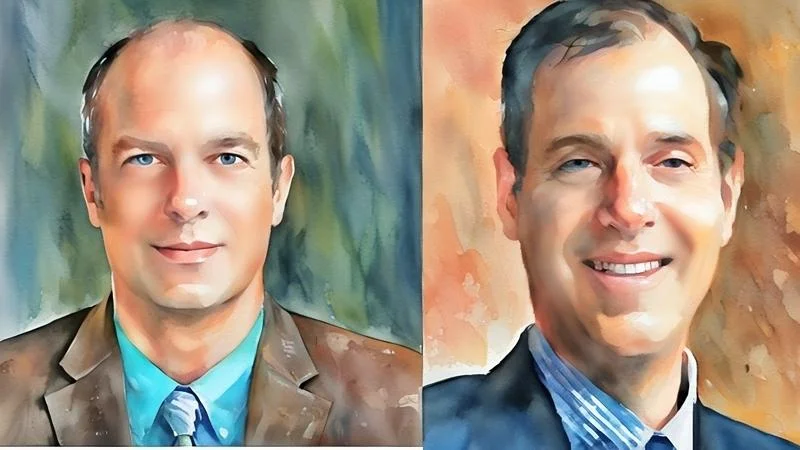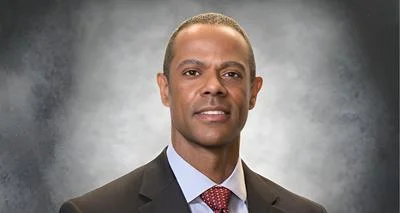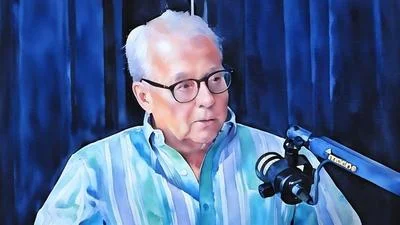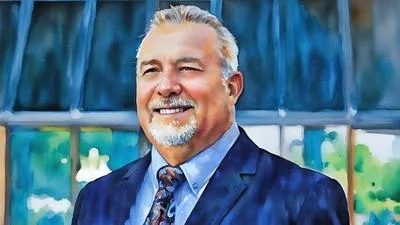New Mexico is the only state in the nation with a net-loss of doctors since 2019. Some New Mexicans fear the problem will worsen if elected officials don’t act, especially to stem the rise of malpractice fees that are crushing the state’s medical system.
Among them are Fred Nathan Jr., founder and executive director of Think New Mexico, and Paul Gessing, who leads the New Mexico-based Rio Grande Foundation.
Nathan calls for a type of summit, where “the governor takes all the stakeholders, puts them in a room and says, ‘work this out.’” The same approach was used to reform the state’s workers compensation program, resulting in a compromise that Nathan says has served the state well for four decades. He encourages the same approach for fixing medical malpractice policies that are causing doctors to leave the state.
Nathan, who also serves on the boards of the Santa Fe Repertory School and the Thornburg Foundation, says the current policies create a “three-part whammy.” First, “our medical malpractice premiums are about double [over] our neighboring states.” Second, “our Medicaid reimbursement rates are very low, and doctors are losing money on nearly every procedure.” Third, “New Mexico is one of only two states that taxes medical services,” leaving providers “about 8% behind, more like 10%.”
Lifestyle issues also matter, according to Gessing, which he says should be included to help retain medical professionals. “Doctors are people, too. You’ve got issues in New Mexico that affect everybody from crime to the education system,” he says. “These factors weigh heavily for professionals deciding where to live and work.”
Both believe the state’s exodus of doctors and declining health care were made worse by legislative action in 2021 that raised malpractice caps. Gessing says that after contentious debate, lawmakers in 2023 made partial corrections with a cap “indexed to inflation,” but he warns attorneys “can always find ways to drive a massive hole through this type of legislation.” Nathan says that the most powerful obstacle to broader reform is the trial lawyer lobby, which has opposed malpractice changes and interstate health-care compacts adopted by most other states. “This is the single most important thing our elected officials can do to recruit health care providers,” he says.
The two disagree on proposals such as the recent Senate Bill 88, which creates a Medicaid Trust Fund. Nathan praises it as a practical solution. “Once it reaches $2 billion, they take 5% annually, about $100 million,” he says, which draws down a federal match of three to one. “Now you’ve got $400 million on an annual basis where you could raise Medicaid reimbursement rates across the board. It keeps doctors here, and helps us to recruit.”
Gessing has a different view. “If those permanent funds are so great, why is New Mexico perpetually at the bottom of all the good lists and the top of all the bad lists?” He prefers tax reform over another permanent fund. “We should be eliminating our personal income tax, making our state more attractive, reforming the gross receipts tax,” which he equates to “making New Mexico a competitive, successful state.” He also doubts Medicaid spending improves outcomes, saying, “All the billions we’ve been throwing at health care in recent years hasn’t actually moved the needle.”
Despite different views on the specifics of reform, the two share a sense of urgency. Nathan believes New Mexico can repeat its past success on workers’ comp by putting all sides into the same room to now focus on the state’s health care crisis. Gessing says the best solution should include smart scope-of-practice laws and tax reforms. Both agree that without action, New Mexico’s health-care crisis is on a declining trend that will continue.









